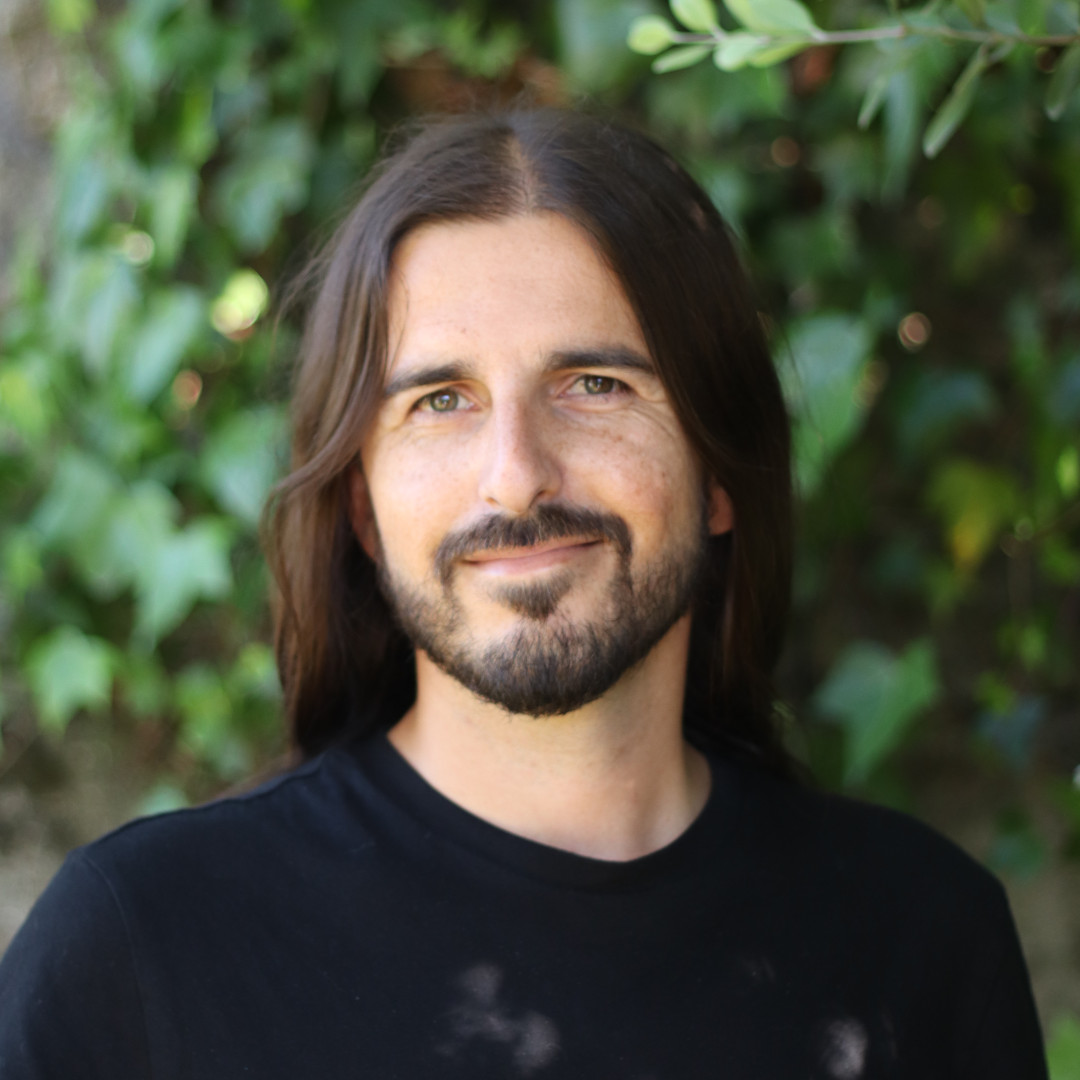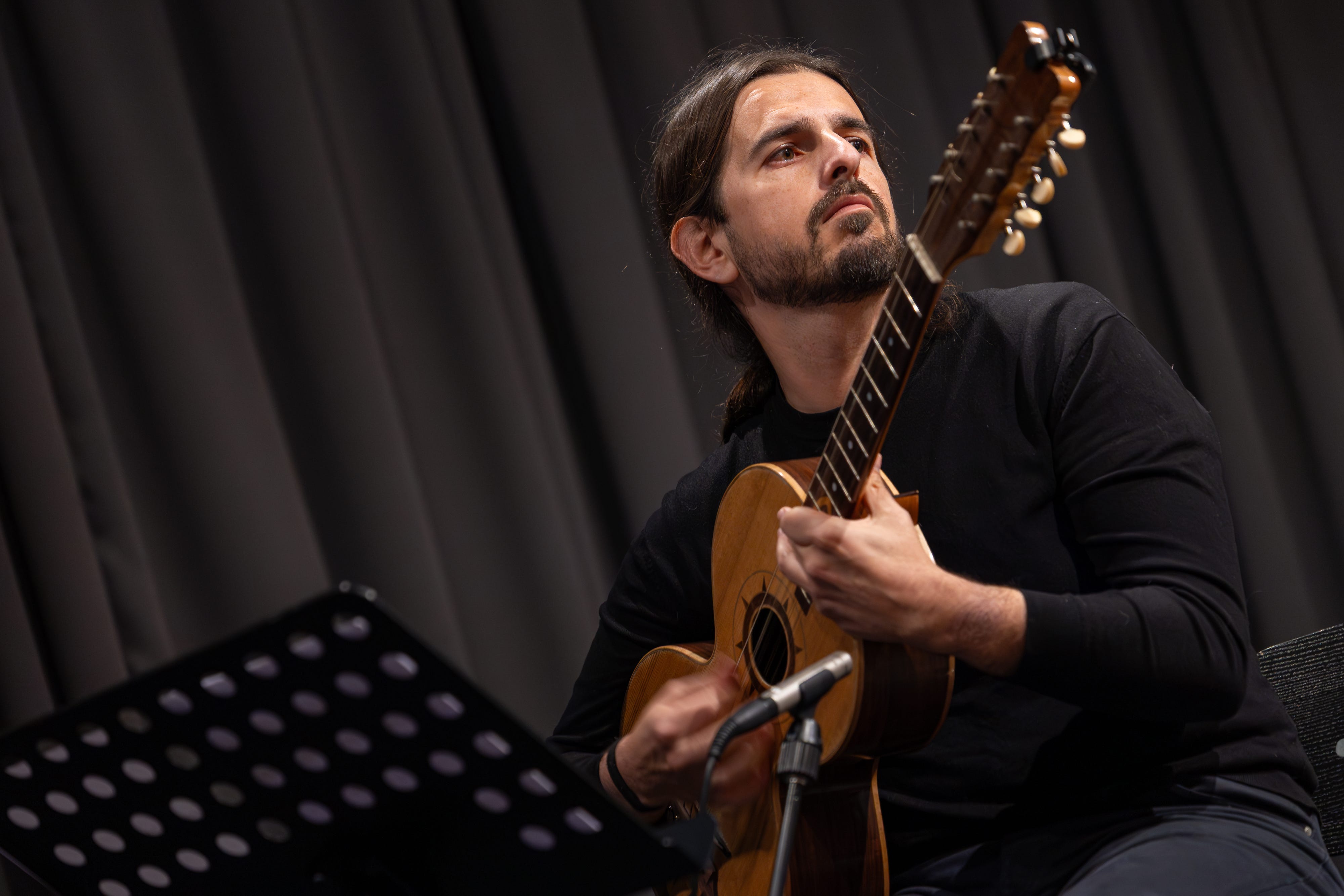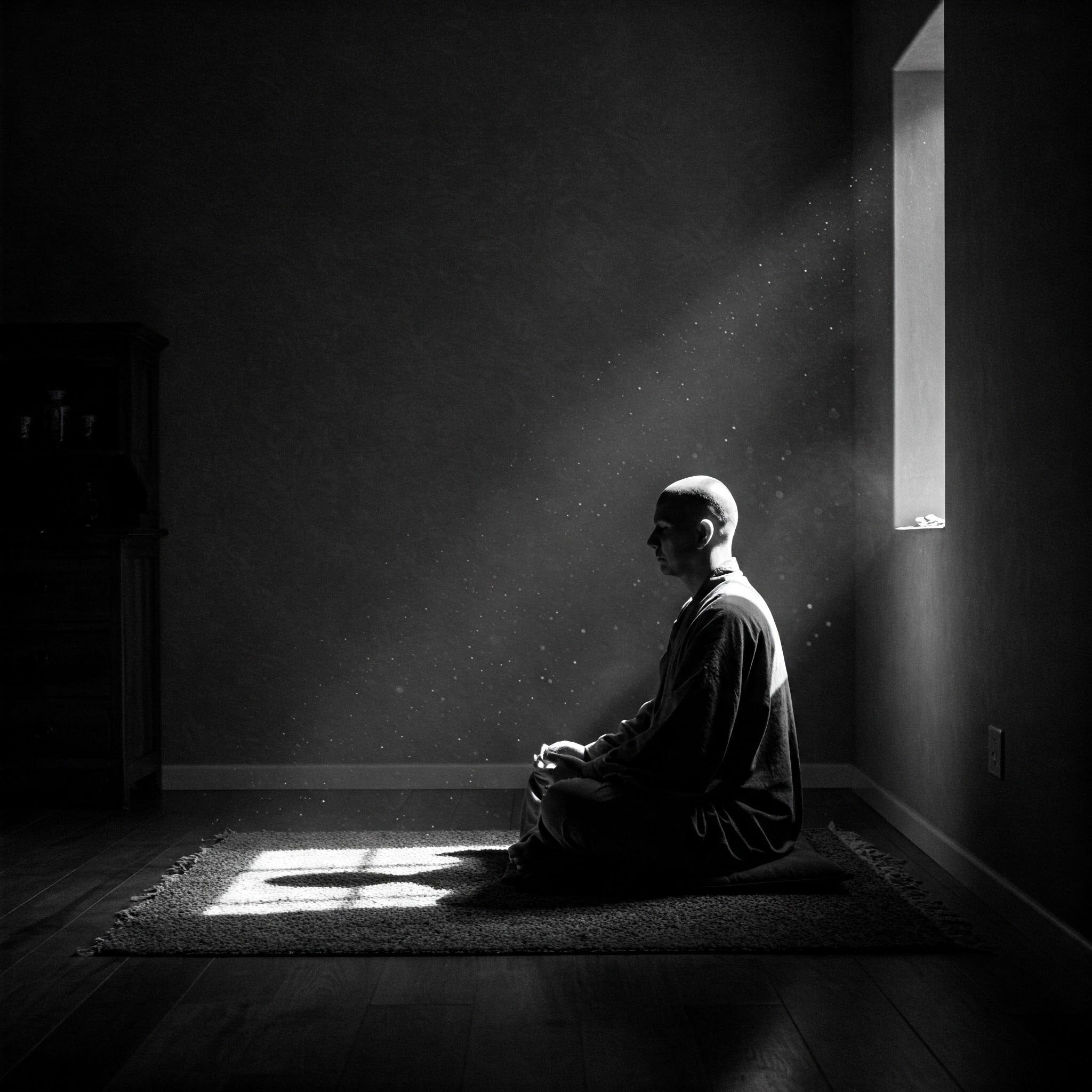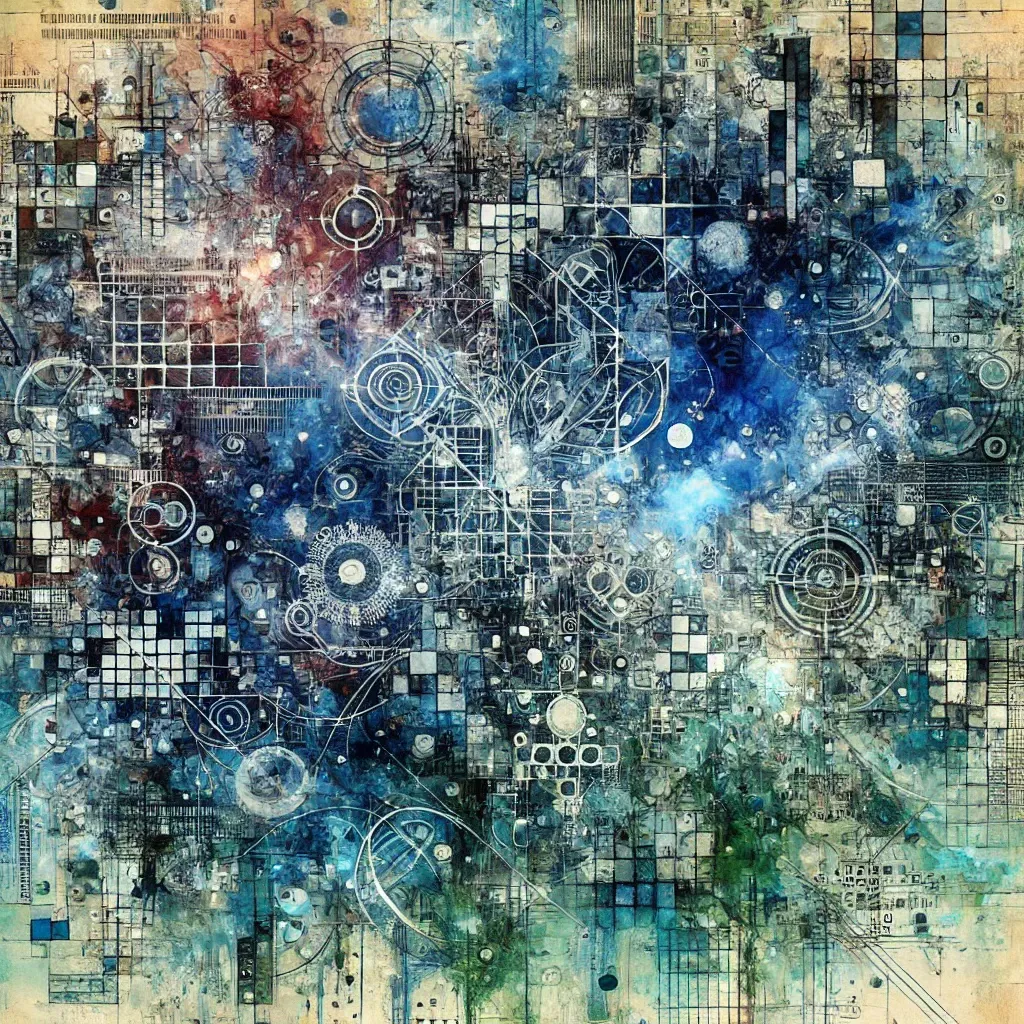Transistor
Transistor is a project I started with my good friend Jorge Prendas. We just released our first album, Shortwave, which is available to listen on all streaming platforms, and also to buy on CD.
!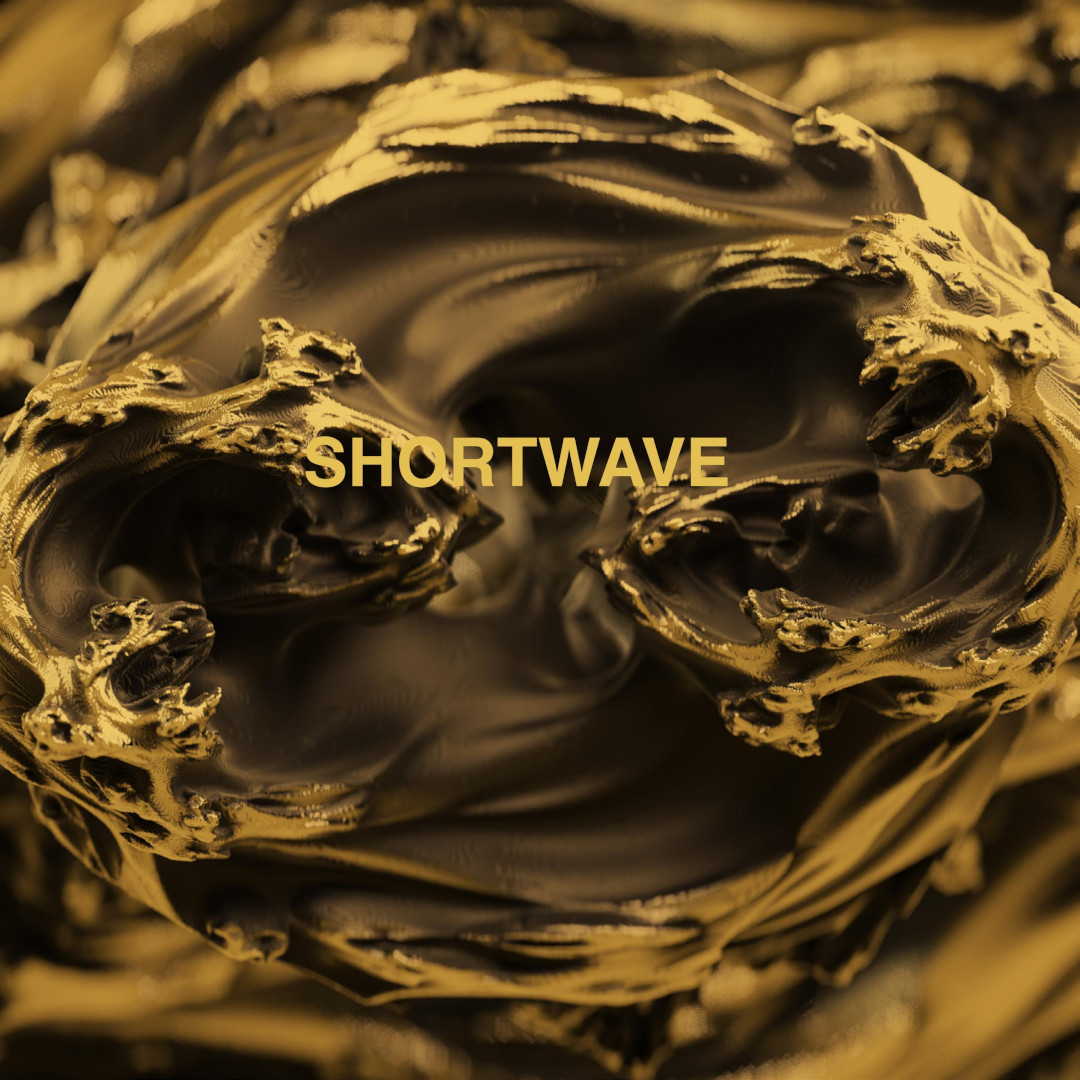
It all started back in 2020, during the pandemic and the lockdown, when we were stuck at home and listening to radio stations from all around the world. We started talking about our love for radio, which is such an interesting medium. It is auditory by nature and by design, in a world that is more and more visual. It’s also noisy and lo-fi, in an increasingly high-resolution, clear and focused world. It used to be our preferred way of getting to know new music, before the age of algorithms, which tend to feed us what we already want to hear. There’s an excitment with radio which makes you focus on the present and sets you up for listening: you can’t rewind and go back in time, and, most of the times, you don’t know what’s next. If you’re listening to a music radio program, someone curated the playlist for you, and you have to trust their own taste.
Radio is also a very democratic medium: it’s difficult to exclude people from listening to it, and you don’t have to pay. Everyone can listen to locally accessible radio stations at all times, for free. You don’t need fancy equipment, and you can’t charge for premium content. It’s also fairly easy (but sometimes illegal) to have your own radio transmission. And with the internet, you have access to radio stations from all around the world, for free. An idea popped up: what if we sampled those radio stations and made music with it? We had done it before: I’ve used distorted radio static noise in many ways, many times, in film scores, sound design, playing live, and others; Jorge already had a respectable collections of samples from his travels abroad.
Since then, and up until late 2023/early 2024, we spent countless hours listening to radio stations on the internet, recording local radio stations when travelling, and digging public domain radio archives for content. Shortwave is the result of that process. It features mostly recordings made from radios, but also some instruments we recorded ourselves, such as synths, guitar and bass.
The process of writing this album is completely different from everything we had ever made. There was no script, and we were developing the language as we went along. When you listen to it, you’ll notice a wide array of influences. That’s because we were influenced by many people and styles, but also because we tried to lead the samples to places that were not obvious, which made us process the samples heavily and using many different techniques. During this process, and because it was so far out of everything we had ever done, we created two alter-egos. Jorge Prendas became Jason Playback, and I, Óscar Rodrigues, became Orson Rewind
Each of us have a lot of stories to share from the process, here are some of mine:
- In 2021 I listened to a stand-up comedy show and ended up laughing and having a good time. Small details: it was in Russian, and I don’t speak Russian. I have no idea what they were saying;
- I spent one afternoon in 2023 listening to a somewhat theatrical christian mass on the Faroe Islands. It features prominently on “Babel pt.1”, our Track 9. Still no idea what they’re saying, but I like the character;
- One day, late at night, I listened to an amazing throat singing song from Mongolia, on a radio station from Ulaanbaatar. Unfortunately, I forget to hit record, and missed it completely. I went back the following days to try and listen to something similar, to no success. So I decided to leave the computer recording that same radio station for a whole day while I was out. I took that audio and sent it to Jorge for him to sketch some ideas. He replied back that we could make an entire album out of those recordings. The result is track 6, “Ulaanbaatar”;
- I recorded, by my account (not too methodic), around 70 languages and dialects from all around the world. You can listen to a lot of them in the album, sometimes only with a single sound, such as a percussive vocal one;
- The actual production of the album was a very busy time for myself. I had a lot of projects at Casa da Música, and also some personal challenges. As a consequence, I recorded all the guitars and synths with the guitar straight out to my audio interface, while my daughter was sleeping in the room next to my studio;
- Свободная Россия, which means “Free Russia” contains multiple quotes from some of our favorite Russian composers.
Hope you enjoy having a listen. Here’s where:
Listen on Spotify
Listen on YouTube
If you’d like to order a physical copy, send us an e-mail.
Best,
Óscar
